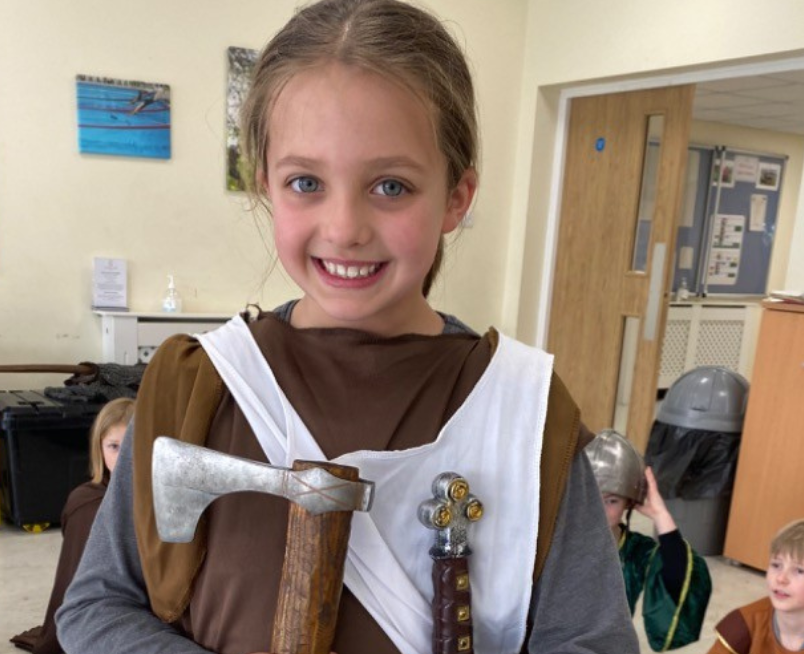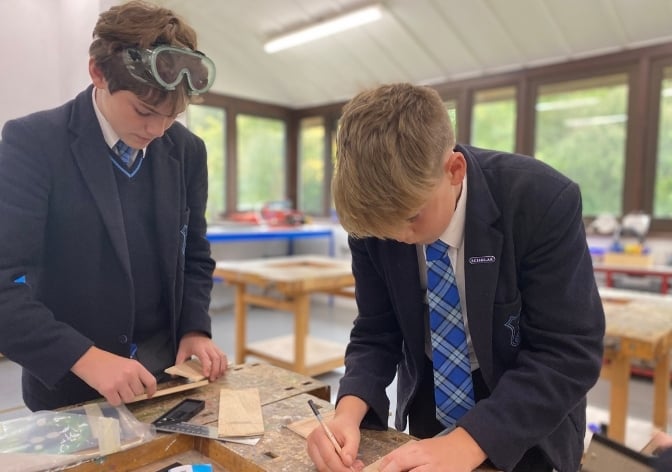Experiential Learning is the process of learning by doing. By engaging pupils of all ages in hands-on experiences and reflection, they are better able to connect theories and knowledge learned in the classroom to real-world situations. Here are several reasons why experiential learning matters in schools:


